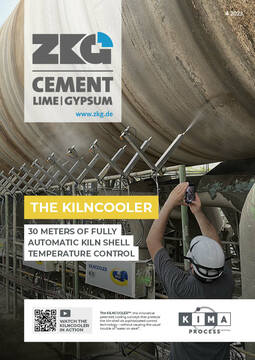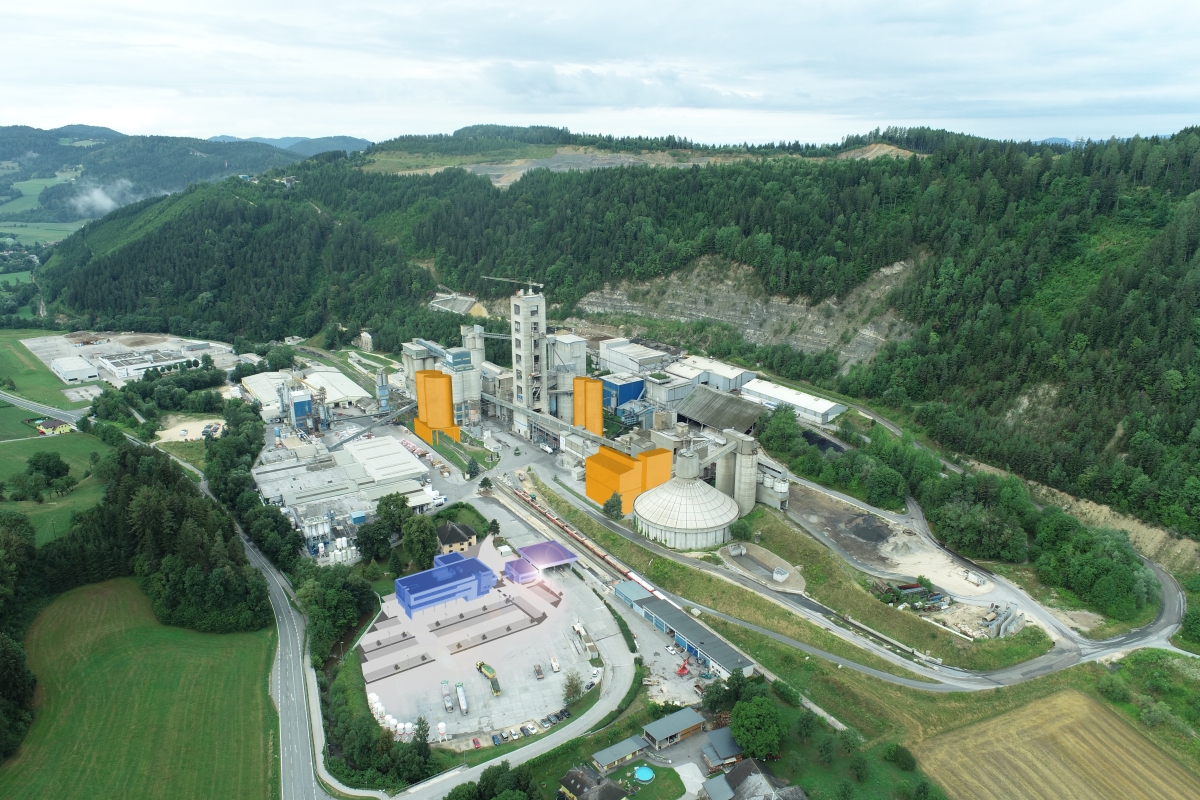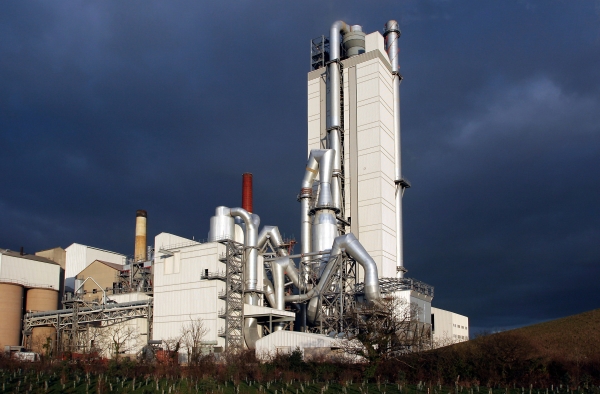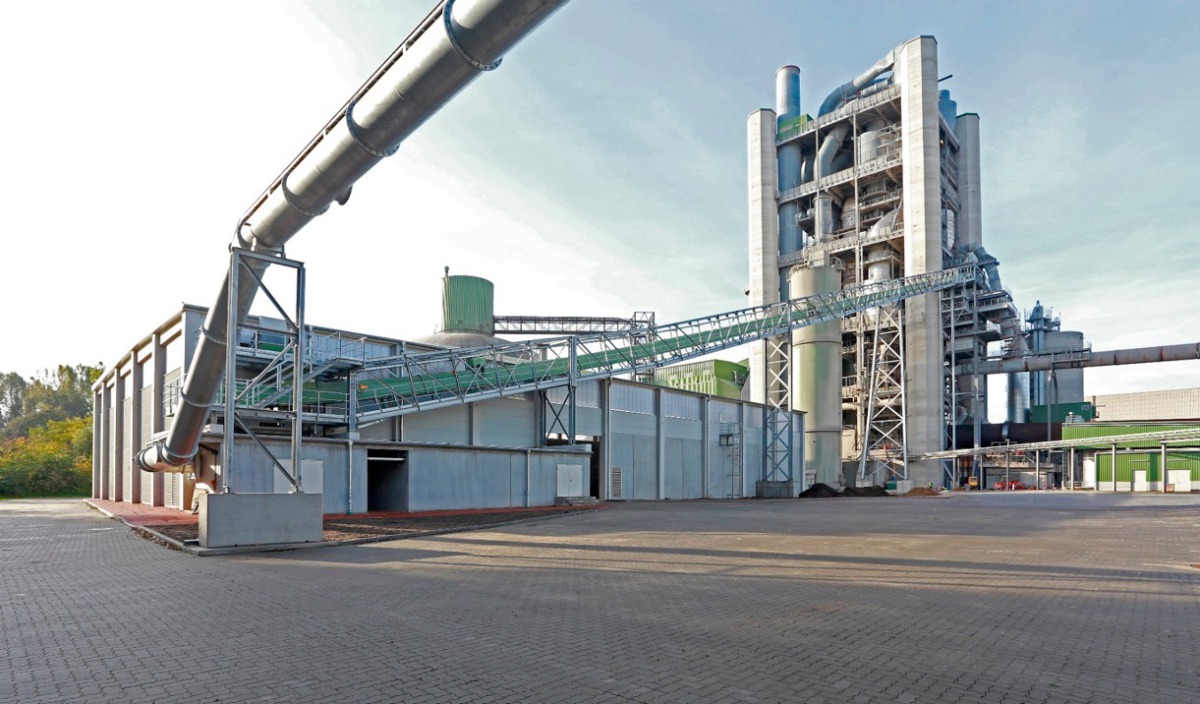Refuse-derived fuels to save 20000 t of fossil CO2 at Wietersdorf cement plant in the future
w&p Zement, as part of the Alpacem Group, aims to achieve climate-neutral cement production by 2035. In order to get one step closer to this ambitious goal, the company plans to completely substitute fossil fuels such as coal with alternative fuels in regular operation at the Wietersdorf site. As a result, the Wietersdorf cement plant will reduce its fossil CO2 emissions by approximately 20000 t per year, which corresponds to the CO2 emissions of 10000 passenger cars per year. This is made possible by the investments made in state-of-the-art plant and environmental technology at the Wietersdorf site over the past five years.
“A key adjusting screw for achieving climate-neutral cement production is to cut back on fossil fuels. We are already using alternative fuels instead of coal. This converts materials that can no longer be used for other purposes – such as material recycling – into energy,” explains Florian Salzer, Technical Director of w&p Zement. Refuse-derived fuels are mainly quality-assured plastic fractions with significant proportions of biogenic materials such as non-recyclable paper, natural fibers and bioplastics, which are increasingly used as packaging materials. They have the advantage of emitting significantly less climate-damaging CO2 than fuels such as coal. This not only reduces the cement plant’s CO2 footprint, but also saves fossil fuels.
At the Wietersdorf cement plant, around 80% of the thermal energy required for the manufacturing process is currently generated through the use of alternative fuels, depending on production capacity utilization. As a result of investments in state-of-the-art plant and environmental technology in recent years and the continuous further development of the process, the Wietersdorf cement plant is now in a position to increase the use of substitute fuels in regular operation to up to 100%, thus almost completely dispensing with fossil fuels. In the future, the use of non-hazardous substitute fuels is to be increased by 25000 t to 122400 t per year. The approved amount of hazardous substitute fuels will remain unchanged. “With this step, 20000 t of fossil CO2 can be saved in the future. We are now setting an important course towards climate-neutral cement production,” says Florian Salzer, Technical Director of w&p Zement. The implementation of this important milestone requires regulatory approval, which is currently being worked on.
In addition to reducing the CO2 footprint, this project has another positive side effect: the increase in the amount of alternative fuel at the Wietersdorf site leads directly to an increase in crisis resilience.





